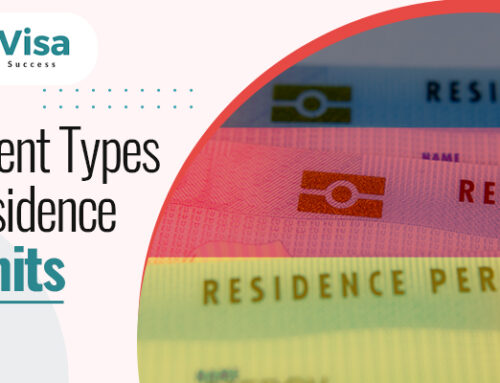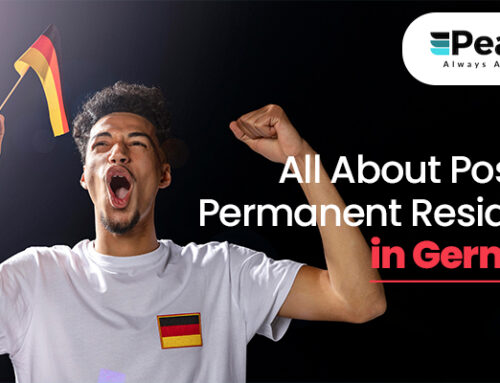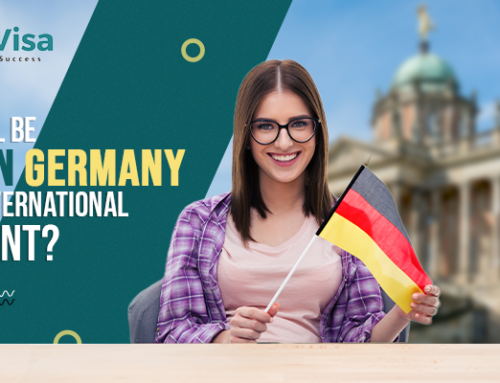Under the Skilled Immigrants Act, the following are deemed, qualified professionals:
- The first category includes those who have either completed German qualified vocational training (which typically requires a two-year training term) or people who have obtained an international vocational qualification recognized as being equal to German qualified vocational training. It is possible to equate shorter, non-German vocational training programmes with the German equivalent if the discrepancies between the two programmer are not significant or have been adjusted for.
- Higher-educated individuals have credentials that are on par with those in Germany’s educational system.
Employment Opportunities
Competent professionals are permitted to engage in the work they are qualified for. This implies that a career in a similar field may likewise be pursued. For skilled individuals with academic degrees, some professions don’t require a college education.
They can work in other jobs that are connected to their qualifications, but they generally need a vocational or non-academic education. Ancillary and semi-skilled jobs aren’t included here; a degree or certificate is always required.
Vocational qualifications
Competent professionals from outside the EU who have received vocational, rather than academic training, may now be employed in fields where there is a dearth of qualified personnel. There are no restrictions on the number of vocations a person may work in Germany as long as they have an official vocational training certificate from Germany that has been recognised by the country’s government.
Germany for a job.
Vocationally-trained individuals may travel to Germany to seek work as well. They will be given a six-month residency permit. The foreign qualification must be recognised by Germany’s competent decision-making authority. The individual must be able to financially support themselves for the period of their stay, and they must have the German language skills essential for the selected vocation. Thus, a potential match between an employer and a foreign-qualified professional may be made. Additionally, those who have a valid six-month work visa and have a recognised academic degree may work in Germany on a trial basis.
Training and skill development for the period of residence
Training opportunities in Germany are becoming more accessible. The basic precondition is that the competent decision-making body in Germany undertakes a recognition procedure while the applicant is abroad, and the procedure finds that the person’s foreign qualification doesn’t comply with the requirements of the qualification. Another requirement for a visa to train in Germany is that the holder has enough German language proficiency. On this 18-month residency visa, there are no restrictions on how long you may stay in the country. A residence permit for training, study, or work might be granted after the maximum period of the residence permit has elapsed.
PearVisa Germany
If you are looking for visa and immigration services from a reputable company, then, PearVisa Germany is the best choice for you. We are top immigration experts with Visa Consultants in Germany that conform to the highest standards.







Leave A Comment